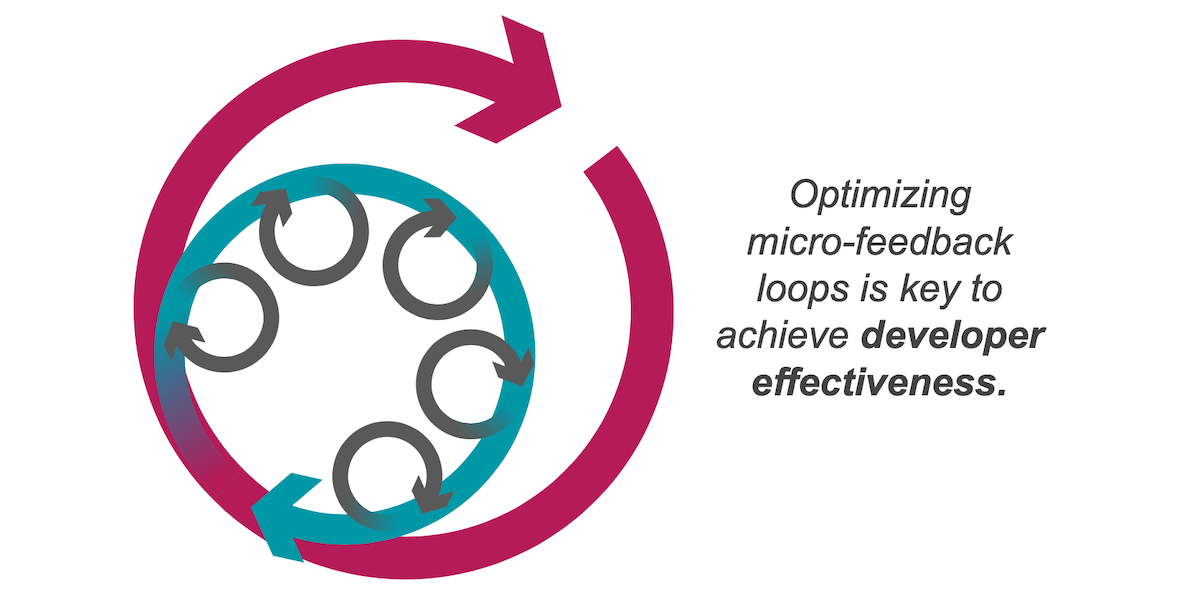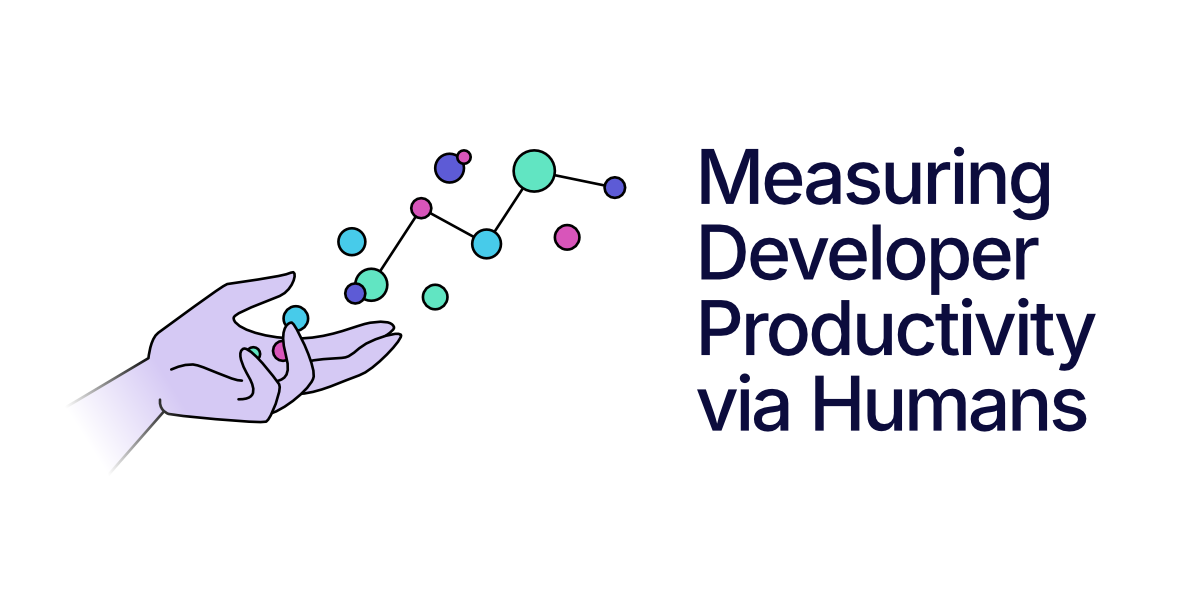tagged by: productivity
Is High Quality Software Worth the Cost?

A common debate in software development projects is between spending time on improving the quality of the software versus concentrating on releasing more valuable features. Usually the pressure to deliver functionality dominates the discussion, leading many developers to complain that they don't have time to work on architecture and code quality. This debate is based on the assumption that increasing quality also increases costs, which is our common experience. But the counter-intuitive reality is that internal software quality removes the cruft that slows down developing new features, thus decreasing the cost of enhancing the software.
Remote versus Co-located Work

There isn't a simple dichotomy of remote versus co-located work, instead there are several patterns of distribution for teams each of which has different trade-offs and effective techniques suitable for them. While it's impossible to determine conclusive evidence, my sense is that most groups are more productive working in a co-located manner. But you can build a more productive team by using a distributed working model, because it gives you access to a wider talent pool.
Maximizing Developer Effectiveness

Technology is constantly becoming smarter and more powerful. I often observe that as these technologies are introduced an organization’s productivity instead of improving has reduced. This is because the technology has increased complexities and cognitive overhead to the developer, reducing their effectiveness. In this article, the first of a series, I introduce a framework for maximizing developer effectiveness. Through research I have identified key developer feedback loops, including micro-feedback loops that developers do 200 times a day. These should be optimized so they are quick, simple and impactful for developers. I will examine how some organizations have used these feedback loops to improve overall effectiveness and productivity.
An Appropriate Use of Metrics
Management love their metrics. The thinking goes something like this, “We need a number to measure how we’re doing. Numbers focus people and help us measure success.” Whilst well intentioned, management by numbers unintuitively leads to problematic behavior and ultimately detracts from broader project and organizational goals. Metrics inherently aren’t a bad thing; just often, inappropriately used. This essay demonstrates many of the issues caused by management’s traditional use of metrics and offers an alternative to address these dysfunctions.
The Reformist CTO’s Guide to Impact Intelligence

The productivity of knowledge workers is hard to quantify and often decoupled from direct business outcomes. The lack of understanding leads to many initiatives, bloated tech spend, and ill-chosen efforts to improve this productivity. Technology leaders need to avoid this by developing an intelligence of the business impact of their work across a network connecting output to proximate and downstream impact. We can do this by introducing robust demand management, paying down measurement debt, introducing impact validation, and equipping delivery teams to build a picture of how their work translates to business impact.
Measuring Developer Productivity via Humans

Measuring developer productivity is a difficult challenge. Conventional metrics focused on development cycle time and throughput are limited, and there aren't obvious answers for where else to turn. Qualitative metrics offer a powerful way to measure and understand developer productivity using data derived from developers themselves. Organizations should prioritize measuring developer productivity using data from humans, rather than data from systems.
The Learning Loop and LLMs

LLMs are useful because they lower the threshold for experimentation. But we have to beware that we don't use them to try to shortcut the learning loop that's an essential part of a software developer's practice. We have seen this problem with tools like low-code platforms, they provide a rapid burst of initial development, but we cannot sustain them because they undermine the learning required for sustained development capability.
Big Screen
How do you improve the productivity of software developers?
Cannot Measure Productivity
We see so much emotional discussion about software process, design practices and the like. Many of these arguments are impossible to resolve because the software industry lacks the ability to measure some of the basic elements of the effectiveness of software development. In particular we have no way of reasonably measuring productivity.
Cheaper Talent Hypothesis
One of the commonly accepted beliefs in the software world is that talented programmers are more productive. Since we CannotMeasureProductivity this is a belief that cannot be proven, but it seems reasonable. After all just about every human endeavor shows some people better than others, often markedly so. It's also commonly observed by programmers themselves, although it always seems to be remarked on by those who consider themselves to be in the better talented category.
Design Stamina Hypothesis

Is it worth the effort to design software well?
Fixed Price
Many people belive that you can't do a fixed price contract in an agile project. Since the whole point of an agile process is that you cannot predict the future, this isn't an unreasonable supposition. However this doesn't mean you can't come up with a fixed price agile contract, what it really means is that you can't come up with a fixed scope contract.
Frequency Reduces Difficulty

One of my favorite soundbites is: if it hurts, do it more often. It has the happy property of seeming nonsensical on the surface, but yielding some valuable meaning when you dig deeper
Outcome Over Output

Imagine a team writing software for a shopping website. If we look at the team's output, we might consider how many new features they produced in the last quarter, or a cross-functional measure such as a reduction in page load time. An outcome measure, however, would consider measure increased sales revenue, or reduced number of support calls for the product. Focusing on outcomes, rather than output, favors building features that do more to improve the effectiveness of the software's users and customers.
Pair Programming Misconceptions
A bunch of common misconceptions about Pair Programming.
State Of Dev Ops Report
The State of DevOps Report is an annual report that uses a statistical analysis of survey data to determine effective practices for software delivery organizations. Its principal authors are Nicole Forsgren, Jez Humble, and Gene Kim.
Tradable Quality Hypothesis
I commonly come across developers who are frustrated because “management want more features, they don't care about quality”. I'm always sad when I hear this, because when I hear this I know that the developers, management and their customers have already lost. Their defeat has been caused by framing the situation in terms of the tradable quality hypothesis.
